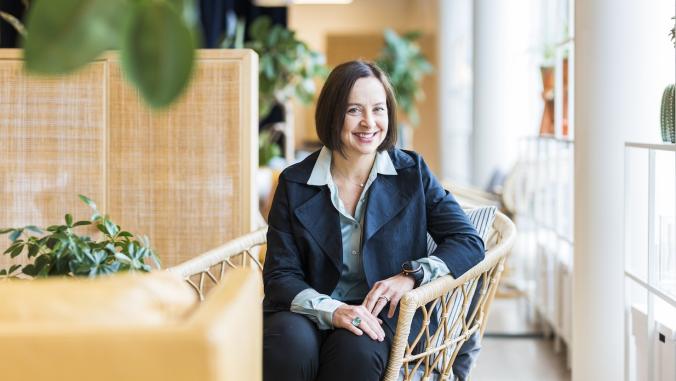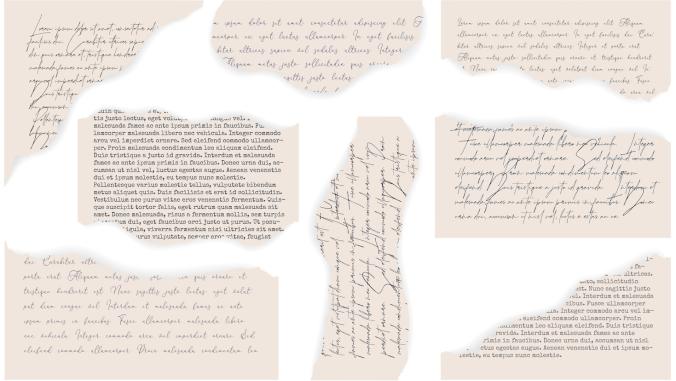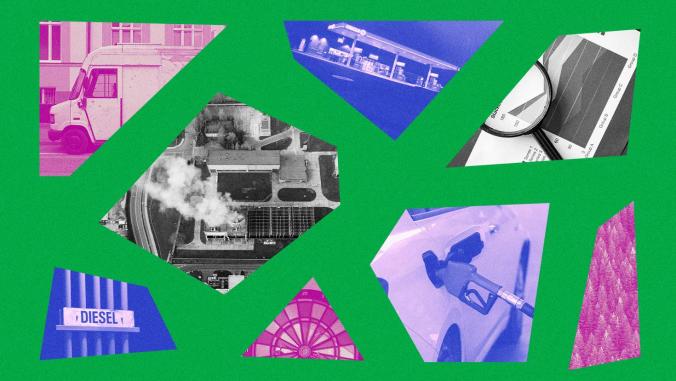Why brand awareness helps to win sustainability consulting gigs
<p>New research suggests traditional consulting firms benefit from broad awareness -- but specialized expertise still wins engagements.</p>

While big-name accounting and management consulting firms have the most brand awareness within the sustainability consulting community, specialized expertise offered by smaller boutiques can still prevail in outsourcing decisions.
The so-called Big Four currently dominate sustainability consulting engagements among midsize and enterprise firms, according to the latest survey about global sustainability leaders conducted by independent analyst firm Verdantix.
Ernst & Young has been used by 16 percent of the 250 respondents, compared with 14 percent for KPMG and12 percent for both Deloitte and PwC.
Not surprisingly, these companies had the highest positive brand awareness among the companies considered by the Global Sustainability Leaders 2013 Survey: Brands study. For example, more than three-quarters of the sustainability decisions makers indicated that they had enough information about Ernst & Young to make a decision about whether or not to use its services.
The survey was conducted among companies with at least $250 million in annual revenue across 13 countries and 21 different industries.
The Verdantix survey also gathered perceptions about sustainability software providers. Microsoft had the most positive brand awareness, while SAP trailed close behind. IBM and Oracle were next. A much smaller company, Credit360, rounded out the top five, the data shows.
Image of brain with gears provided by Bruce Rolff/Shutterstock
One big reason companies engage outside expertise is for the assurance of having someone develop and critique the plan.
"Firms keep board requirements, competitive positioning and reputational risk in mind when crafting sustainability strategies — responding to scrutiny from stakeholders and demands for transparency around sustainability initiatives," said Patty Satkiewicz, Verdantix industry analyst and author of the report. "Despite the growing number of firms actively adopting such strategies, it's a new challenge for many firms, and they'll seek help from strategy consultants if they don't have the bandwidth or the in-house expertise to develop a sustainability strategy."
That sentiment is echoed by telecommunications giant Sprint, which seeks outside resources for specific business intelligence rather than broader consulting projects, said Amy Hargrove, manager of CSR for the company.
One example is the collaborative development process behind the supplier scorecards that it uses to rate the sustainability of various mobile computing devices, which involved insight from Samsung, UL Environment and others.
While Sprint tends to look first to boutique sustainability consultants, she recognizes that size matters to the Fortune 500.
"The big four have a huge advantage over their boutique sisters – existing work history, existing contracts, internal credibility, purchase history and financial stability," she said. "Also, they are now purchasing many of the boutique firms – acquiring that specialized information they had been lacking -- that provides the most significant value for experienced practitioners of corporate responsibility."
Indeed, smaller sustainability consultants are more than capable of winning high-profile engagements.
Exhibit A: After considering about 10 different companies over a three-month period – including several of the companies considered in the Verdantix survey – Green Mountain Coffee Roasters this week tapped advisory firm SustainAbility to help it overhaul its sustainability strategy.
The coffee company is overhauling its framework and goals to better reflect its modified corporate agenda since acquiring Keurig.
Not only is Green Mountain Coffee Roasters "bigger on every dimension," but the way it delivers coffee is undergoing a radical transformation from bags to the single-serve cups made popular by Keurig, said Michael Dupee, vice president of CSR for Green Mountain Coffee Roasters.
Ultimately, the selection of SustainAbility was tied to its ability to perform an extensive materiality analysis that will be used to inform Green Mountain Coffee Roasters' new goals and frameworks. Dupee's 12-person team created a three-level evaluation process that closely evaluated consultants' topical expertise on sustainable agriculture, experience with strategic philanthropy programs, connections into its existing supplier network and the tools used to assess and report findings.
It took about three months to come to a decision. "Each organization needs to think for themselves what they are looking for and make their own choices," Dupee said.





